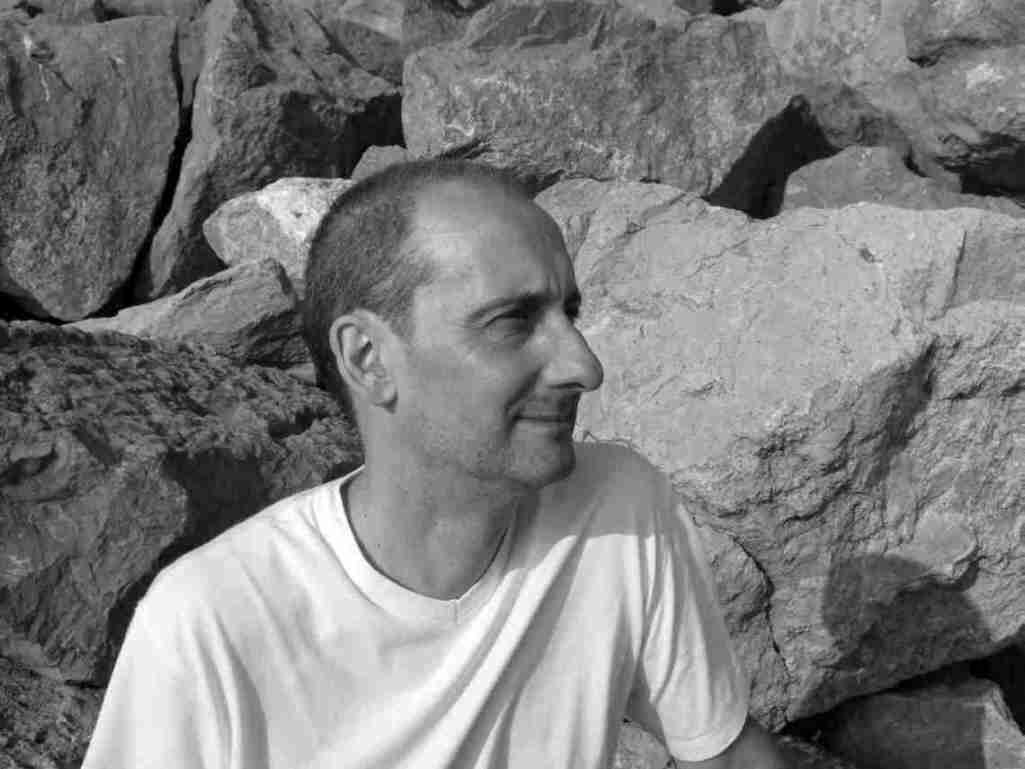
The "Fishermen's Hymn" held some importance to Lowry as it provided the source of the title of his posthumously published collection of short stories - Hear us O Lord from heaven thy dwelling place. A facsimile of the hymn is included in front of the short story "The Bravest Boat". Why this hymn had significance for Lowry remains a mystery. He may have heard or sung it as youth though the hymn is from the Methodist tradition not Wesleyan which was Lowry's religious upbringing. He may have heard it whilst on holiday on the Isle of Man as the song is known as "Manx Fishermen's Hymn" or he may have heard the song and its tradition from his Dollarton neighbour and friend Jimmy Craige himself a Manxman.
The picture below is taken from Agnes Herbert's Isle of Man c1909 called Off Douglas Head painted by Donald Maxwell.

John Telford's Methodist Hymn-Book Illustrated 1909 Edition gives the following information about the hymn:
Hymn 947. Hear us, O Lord, from heaven, Thy
dwelling-place.
William Henry Gill.
Mr. Gill was born on October 24, 1839, f Manx parents, at Marsala, Sicily, and educated at King William's College. He served for forty years in the Civil Service, and is a composer, painter, and writer. He rescued the Manx music from oblivion, and published Manx National Songs, 1896. One of these long-lost melodies suggested the harmonies and inspired the words of his hymn, ' The harvest of the sea.' The rhyme between the first and fourth lines and the second and third is a feature of Manx music, and Mr. Gill was thus led to put his verses into this form. The old custom of the Manx fishermen to ask God's blessing before they cast their nets gave Mr. Gill his idea. It suits well the character of the Manx fishermen, who are a devout race, and keen lovers of music. The hymn has established its place as a favourite in all the Manx Churches.
The petition in the Litany of the Manx Church, in its Book of Common Prayer, was especially in his mind : ' That it may please Thee to give and preserve to our use the kindly fruits of the earth, and to restore and continue to us the blessings of the sea, so as in due time we may enjoy them.'
"Before shooting the nets, at a sign from the master of the
boat, every man, upon his knees and with uncovered head,
implores for a minute the blessing and protection of the
Almighty." Manx Society's Publications, vol. xvi.
Last year, the Firminists conducted a day long psychogeographical event entitled "The Voyage That Never Ends" in which we sang the hymn at a New Brighton Church. You can read about the event in the first issue of The Firminist magazine.
Bryan Biggs also included the song on his playlist, for the accompanying music to the first night of the Lowry Lounge, by The Lon Dhoo & Lon Vane Choirs. Lon Dhoo Male Voice Choir was formed in 1937 with a membership of 30 men drawn from all over the Island. They perform in venues large and small around the Island, supporting community groups, charities and the tourist industry and have undertaken numerous tours in UK and Ireland and as far away as Canada. Lon Vane Ladies Choir was founded in 1946 by Douglas (Dougie) Buxton, affectionately known as DB, and continued under his direction as Musical Director until 1980. The hymn was issued on Parlophone R4467 in 1958 as MANY FISHERMENS EVENING HYMN/OUR LAND OF OUR BIRTH.
Here is a version sung by Broughton Church Choir:







No comments:
Post a Comment